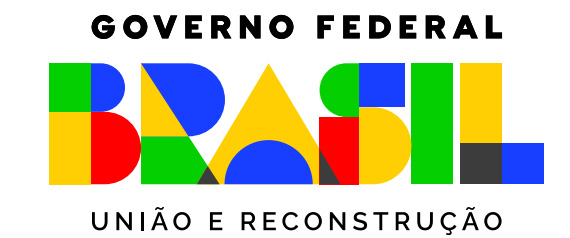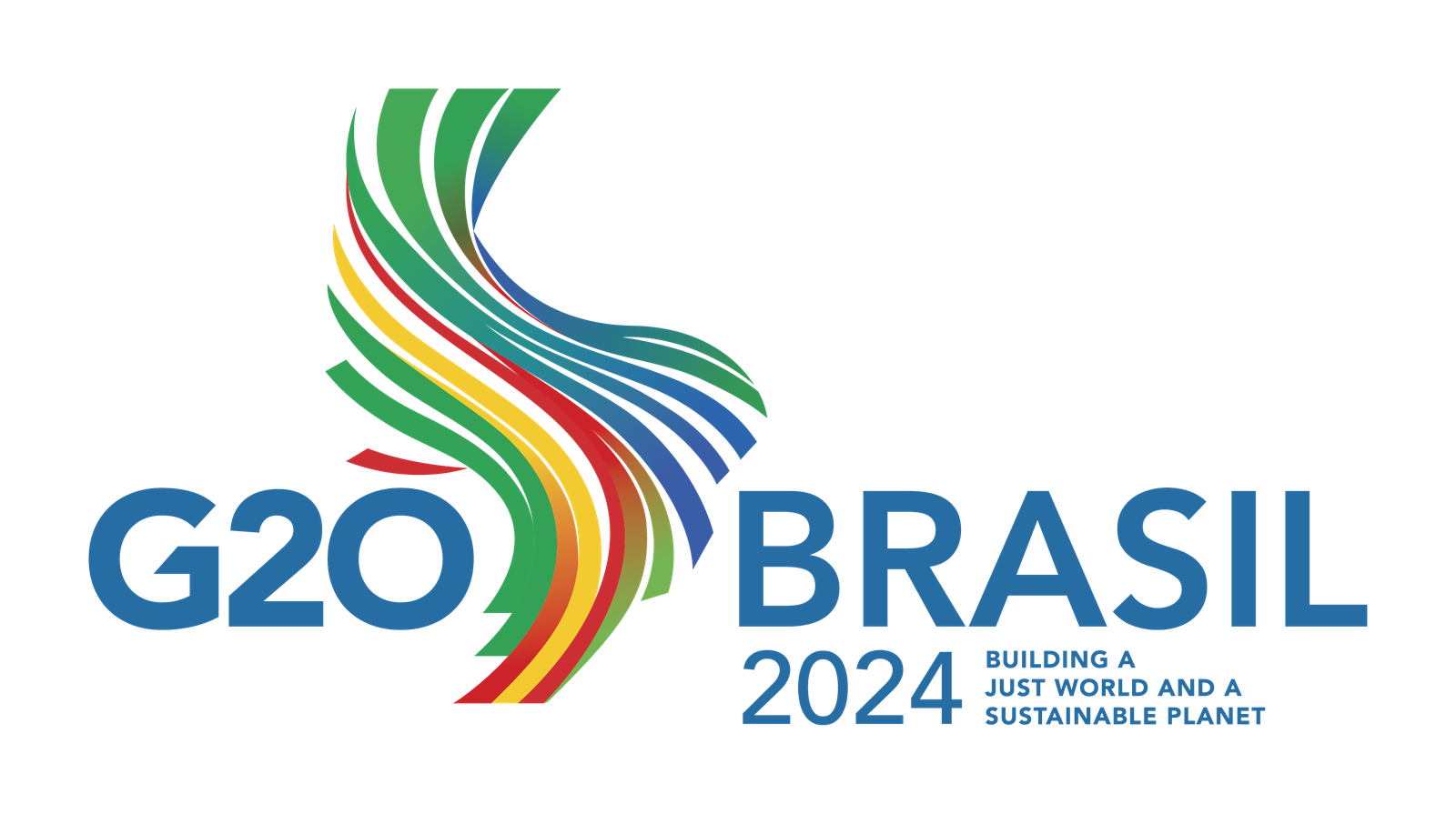Public Policies To Combat Hunger And Poverty: empowering women and girls for sustainable development
Side Event to the G20 Task Force Ministerial Meeting for the Establishment of a Global Alliance Against Hunger and Poverty. Rio de Janeiro, Galpão da Cidadania - July 24, 2024, 5:30 PM - 7:00 PM
About
In the context of the G20 Task Force Ministerial Meeting for the establishment of a Global Alliance Against Hunger and Poverty (Rio de Janeiro, July 24), the government of Brazil, in partnership with Global Citizen, an international advocacy organization, will hold the side event “Public Policies to Combat Hunger and Poverty: Empowering Women and Girls for Sustainable Development.”
The event will take place on July 24, from 5:30 PM to 7:00 PM, at Galpão da Cidadania. It will be in the format of a debate panel, featuring the following participants:
First Lady of Brazil, Janja Lula da Silva
European Commissioner for International Partnerships, Jutta Urpilainen
Executive Director of the World Food Programme (WFP), Cindy McCain
President of the International Fund for Agricultural Development (IFAD), Alvaro Lario
President of the National Council for Food and Nutrition Security of Brazil (CONSEA), Elisabetta Recine
The panel will be moderated by Sabrina Dhowre Elba, activist, Global Citizen European Board Chair and UN Goodwill Ambassador for IFAD.
In addition to the delegations attending the Task Force Ministerial Meeting (countries, international organizations, and other guests), the event will be attended by CONSEA members, representatives from government, civil society, and the private sector, researchers, journalists, NGOs, think tank and other members of civil society.
Through the debate among panelists and interaction with the audience, the event aims to:
Highlight public policies to combat hunger and poverty from a gender perspective and their positive impact on women and girls in vulnerable situations;
Emphasize the role of female leadership, their visions, and work in the creation and execution of public policies to combat hunger and poverty;
Present initiatives that focus not only on financing but also prioritize technical cooperation and produce proven results, with qualified data, including impacts on promoting gender equality;
Showcase the know-how and knowledge of Global South countries in combating hunger, poverty, and inequalities, and the need to disseminate and share their experiences and best practices on these topics;
Discuss the differential aspects and the importance of the Global Alliance for the international fight against hunger and poverty and how the initiative will operate in practice.
Topics for discussion:
How can governments develop effective public policies to combat hunger, poverty, and inequalities, while better considering a gender perspective and the different impacts of these policies on women and girls?
What is the importance of empowering women and girls and female leadership for the success of public policies in these areas?
What is the role of civil society organizations in the creation, implementation and monitoring of public policies to combat hunger, poverty, and inequalities?
How can the Global Alliance Against Hunger and Poverty contribute to international efforts to eradicate hunger and extreme poverty and promote gender equality?
The Global Alliance Against Hunger and Poverty
Despite progress achieved, hunger and poverty remain persistent global challenges that undermine development and stability, with significant repercussions on public health, and the persistence of gender and ethnic-racial inequalities. Since the pandemic, hunger is on rise, further aggravated by climate change, economic crises, conflicts and other factors.
The Global Alliance Against Hunger and Poverty represents an innovative approach to addressing these issues. It will function as a platform to unite countries committed to implementing focused policies to combat hunger and poverty with partners capable of offering technical and financial support, such as governments, philanthropic institutions, and research centers. The goal is to accelerate the achievement of SDG 1 (no poverty) and SDG 2 (zero hunger), with positive results for the implementation of other SDGs, such as SDG 5 (gender equality) and SDG 10 (reduced inequalities).
The Alliance will focus on action at the national level, structured around three main pillars – National, Financial, and Knowledge. Through the articulation of these pillars, the Alliance will seek to facilitate the implementation of policies to address all forms of malnutrition and poverty, tailored to the specific characteristics and needs of each participating country. To this end, it will leverage international knowledge and experience in the design and implementation of public policies in areas such as conditional cash transfers, social protection, school feeding, and family farming – as well as the consensuses from fora like the Committee on World Food Security.
Support

Realization

